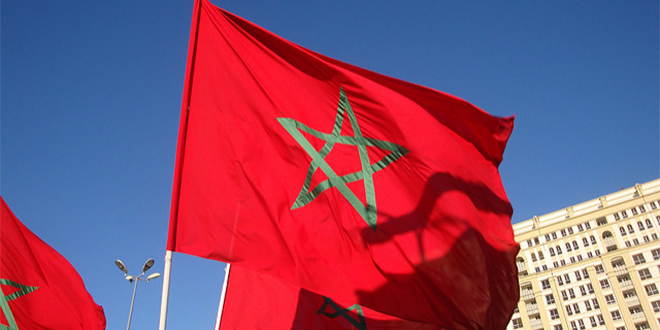Morocco takes part in the United Nations pre-summit on food systems, which is being held from Monday to Wednesday in Rome. The Moroccan delegation is made up of the ambassadors Omar Hilale, Morocco’s permanent representative to the UN, and Youssef Balla, Permanent Representative of the Kingdom to the UN agencies in Rome.
Speaking on this occasion, UN Secretary-General António Guterres stressed that inefficient global food production is at the root of a huge rise in hunger as well as one-third of all emissions and 80 per cent of biodiversity loss. Up to 811 million people faced hunger in 2020 – as many as 161 million more than in 2019 – Guterres added.
Pointing to the disruption caused by the COVID-19 pandemic, the UN chief added that three billion people cannot afford to eat healthily, either. “We are seriously off track to achieve the Sustainable Development Goals (SDGs) by 2030”, said Guterres, who highlighted how “poverty, income inequality and the high cost of food” were responsible for these ills, and how climate change and conflict are were “consequences and drivers of this catastrophe”.
Echoing those concerns and urging action at this week’s Pre-Summit, UN Deputy-Secretary-General Amina Mohammed insisted that tackling growing hunger and poor nutrition were challenges that the international community should rise to, “as we have the means to do it”. Ms. Mohammed welcomed the fact that 145 countries had already embarked on national dialogues to decide on how sustainable food systems should look by 2030, in reference to regular online meetings, public forums and surveys with youth, farmers, indigenous peoples, civil society, researchers, private sector, policy leaders and ministers of agriculture, environment, health, nutrition and finance.
The outcome of these exchanges will contribute to suggested actions organized around the Summit’s five action tracks to transform food production and leverage the far-reaching significance of food systems to help achieve the 17 Sustainable Development Goals (SDGs), the Deputy UN chief explained: “There is no one size that fits all. We must work country by country, region by region, community by community, to ensure the diversity of needs are addressed to support each reality. The same applies for our food systems and the changes that are required so that we feed the world, without starving the planet of its future.”
The Pre-Summit, which is being held in a hybrid format, brings delegates together from more than 100 countries to launch a set of new commitments through coalitions of action and mobilize new financing and partnerships.





